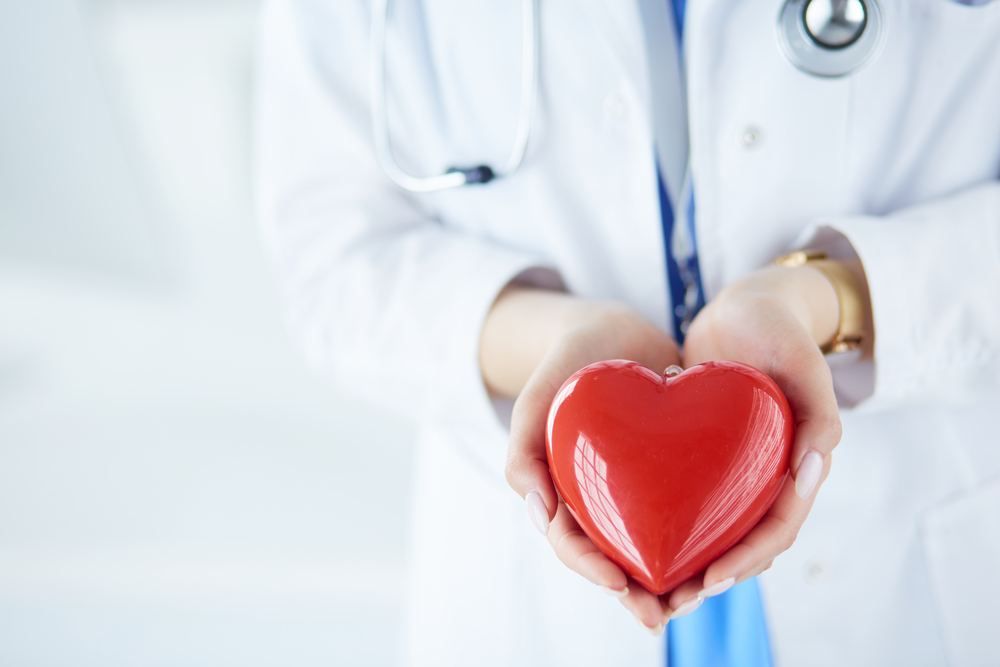How Does Coronary Heart Disease Affect Sexual Life?
-
Published:22 February 2024
-
Updated:07 December 2024

Ischemic heart disease (IHD) is a group of diseases in which the blood supply to the myocardium (heart muscle) is disrupted due to damage to the coronary arteries, resulting in ischemic heart damage. Thus, the necessary amount of oxygen is not delivered to the heart. In acute form, the disease can lead to a heart attack, and in chronic form, it manifests as a feeling of pain or pressure behind the chest (angina attacks).
At the cellular level, the function of the endothelium (a layer of cells covering the inner surface of blood vessels), which is involved in regulating vascular tone and controlling vessel permeability, preventing blood clotting, and regulating immune reactions, is disrupted.
Sexual Life and Myocardial Stress
Sex affects the functioning of the cardiovascular system. Increased physical activity, emotional excitement, and hormonal reactions create significant stress on the body. Ejaculation and orgasm are accompanied by an instant increase in blood pressure, which is sometimes so high that it can cause micro-trauma to the vessel wall. In addition, during sexual intercourse, the heart rate increases, and heart contractions become stronger. All this puts additional stress on the heart and blood vessels.
Erectile Dysfunction (ED) and IHD
Men diagnosed with IHD often have difficulty with erections. According to a study conducted from 1996 to 2005, in men aged 40-75, ED may be a manifestation of underlying vascular pathology, such as IHD. When ED occurs in a young man, it is associated with a noticeable increase in the risk of future heart disease, whereas in elderly men, ED has little prognostic importance. Young men with ED may be ideal candidates for screening for cardiovascular risk factors and medical intervention.
The lumen of the arteries in the penis is significantly smaller than in the largest arteries in the male body. When the arteries of the penis narrow due to atherosclerosis or endothelial dysfunction, blood flow through them deteriorates. This can cause ED due to insufficient blood supply to the tissues of the penis, making erection difficult or impossible.
Some studies show that there is a significant temporal relationship between ED and IHD. Moreover, ED precedes cardiovascular disease by at least 2–5 years.
Many men also experience fear of having a heart attack during sexual intercourse, and this psychological cause can also cause or exacerbate erection problems.
How do Medications Affect ED?
Many medications can negatively affect various aspects of sexual activity, such as antidepressants, and alpha-adrenergic blockers. Clinical signs of drug-induced erectile dysfunction include rapid onset of symptoms, temporal relationship to medication intake, negative impact on various aspects of sexual intercourse, and improvement or complete disappearance of the problem after discontinuation of the medication or switching to another drug.
Can Those With IHD Practice Sex?
Many men with IHD are interested in whether they can have sex. If they can, how often? And if they can't, how to maintain a relationship with their partner? By following certain rules, sexual life will only benefit. Moderate sex, like other balanced physical activity, is an excellent measure of preventing cardiovascular diseases.
It is not recommended to engage in sexual activity with a diagnosis of "ischemia" if: you had a hard working day; you experienced serious psycho-emotional experiences; you feel tired or experienced angina attacks. In addition, avoid positions that require excessive physical activity. For example, for men, the position where he is on top is not recommended. The safest and gentlest position for both partners is "lying on the side, man behind." This reduces the load on the heart and reduces the risk of complications.
A Population-Based, Longitudinal Study of Erectile Dysfunction and Future Coronary Artery Disease (https://www.sciencedirect.com/science/article/abs/pii/S0025619611608173). Accessed 7 Dec 2024.
The temporal relationship between erectile dysfunction and cardiovascular disease (https://onlinelibrary.wiley.com/doi/abs/10.1111/j.1742-1241.2007.01629.x). 07 November 2007. Accessed 7 Dec 2024.







.svg)
.svg)
